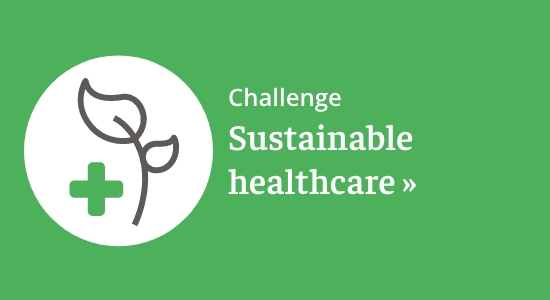
Commercialization in GP care in The Netherlands on the rise, but we lack good insight
Commercial parties are increasingly active in Dutch General Practice (GP) care. They are forming chains of GP practices by buying up practices or connecting practices by offering digital services such as online platforms. This may be the beginning of a major change in the organization of primary care. However, the full extent and the pros and cons of this are not yet sufficiently understood. More research is therefore badly needed. This becomes clear from an exploratory study by the Nivel.
GP care in the Netherlands faces major challenges. In a number of regions of the country, a shortage of general practitioners is looming. At the same time, young general practitioners are less likely to choose to run their own practices. Regulatory pressure, administrative burdens, and a high workload make practice ownership unattractive. Moreover, the acquisition costs of existing practices are often high. A number of parties are responding by taking over practices or stringing them together under a common name. GPs then become salaried employees or work as self-employed workers for such a company. Some of these companies operate with external capital and a profit motive.
Between 45 and 230 practices in commercial hands
We estimate that between 45 and 230 practices have been acquired by commercial investors. The wide range of this estimate shows how little is known about this new development in the field of healthcare. Furthermore, there are major differences between the parties operating in this market. In addition to the commercial parties, there are GP chains whose main purpose is to share costs and workload. They are less focused on making a profit. Furthermore, there are parties that offer online platforms, apps and other digital resources on a commercial basis that practices can make joint use of.
More research is needed
With this exploratory research, it has become clear that much is still unknown about the emergence of chains in family medicine. We do not know exactly what the scope of these parties' activities is, or which investors are behind them. Nor is it clear what the advantages and disadvantages of this development are. What does it mean for the quality and accessibility of GP care? What does it mean for the GPs working in such a practice, and what does it mean for cooperation with other GP practices or with other healthcare providers or the social domain? These are important questions for a sustainable healthcare system in the future that need answers.
About the study
At the request of the European Observatory on Health Systems and Policies, researchers from the Nivel contributed to a "rapid response report" for the French National Health Service through an exploratory study of commercial general practitioner chains. By means of a scan of the literature and an analysis of the Nivel registration of general practitioners and general practices, a first inventory was made on what is known about these chains, and what are the possible advantages and disadvantages of commercialization of general practitioner care.


